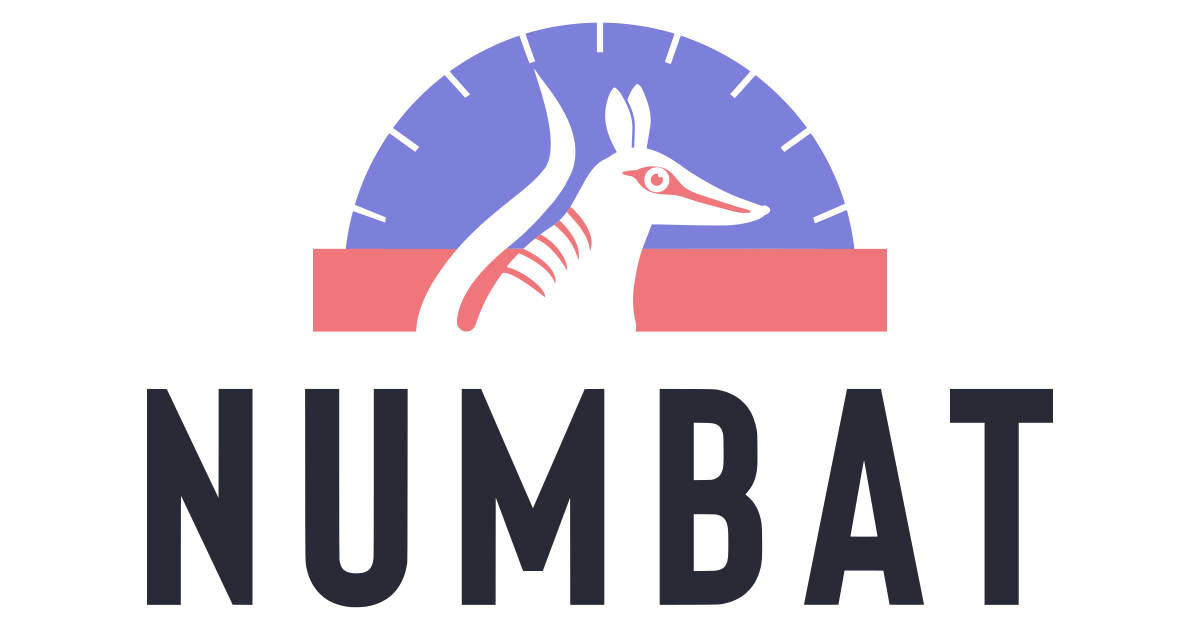

bugsmith
- 10 Posts
- 29 Comments


Based on your requirements, I would suggest looking at one of the Firefish / CalcKey forks. They are ideal for single user or small instances and they support s3 compatible object storage out of the box.
I would recommend looking at Sharkey or Iceshrimp. Both are under very active development and have very responsive developers if you need support.
If you would like to check out an example, Ruud (of mastodon.world and lemmy.world) set up an instance of Sharkey at (you guessed it) sharkey.world.
Honestly, for any large scale project in Python, Pydantic makes it bearable. We use Python heavily at work (and I’d argue we shouldn’t be for the projects we’re working on…), and Pydantic is the one library we’re using that I wouldn’t be without. Precisely because it allows us to inject some of these static typing concepts and keeps us honest, and our code understandable.
Yes! The concepts are intertwined.
I think the key take away, for me, is to lean heavily into your type system and allow that to do some of the heavy lifting. Accept that something like a username is not a string, but a subtype of a string (this has to be true if any validation is required, otherwise you’d just accept any valid string).
Different strokes for different folks, I guess. I enjoyed Heroes for what it was.
I agree that Sonic Battle was one of, if not the best entries for character building. And SB is, in fact, my all-time favourite Sonic game. Breaks me that I may never see a sequel / reboot, and get to relive Emerl’s story.
I have read a few of these books. As for non-fiction:
Pragmatic Programmer Excellent book; should be compulsory reading for all software developers.
The Phoenix Project Enjoyable enough. It’s a fictional story and has some extremely role-cast, trope filled characters. But its purpose is not to be a great novel. Its purpose is to teach the history of and purpose of how dev-ops came about. I think it’s worth reading. I’m yet to try the Unicorn Project which I understand is actually more about software.
Eloquent JavaScript I am not a huge fan of working with JavaScript or front end, but I did read this when I got placed on a long term project where I would be using it for the duration. I found this book excellent, and my JavaScript certainly benefitted from it.
I also read a bunch of the fictional books. Bobiverse is one of my favourite series ever, despite the weirdness of the fourth book (it was still good). I’m just over halfway through Children of Time, and seriously regret not picking it up sooner. Well kind of, if I had I suppose I wouldn’t be enjoying it so much now!
I use UK standard layout, and Apple UK for work. It always takes me a few minutes to switch between them, but both are absolutely fine for programming. Just the odd placement of # that bothers me a little, but I tend to use that only for Python comments - which I tend to do more commonly from a keyboard shortcut anyway.


I particularly enjoyed a recent company meeting that spent considerable time talking about the importance of flow state. It had an awkward pregnant pause when someone (usually very quiet) unmuted to ask, “is the policy to increase the number of days we must spend in our open-plan office kind of undermining this?”. Literally all of our directors just shifted on their seats hoping another would answer that.
Eventually, HR director stated “Not at all, that’s what headphones are for!”
Which was particularly delightful, as our tech director had only 20 minutes before stated how he would like to discourage people sitting in the office in silos with their headphones on.


That’s so interesting. I’m a developer myself, but haven’t ever tackled a making a framework. Having obviously dealt many times with assuming there must be a framework error after hours of debugging (usually to find out it was indeed a user error…), I can imagine the debacle of trying to figure that out while developing one!


What have been your biggest challenges as you’ve developed this?
I’d give it a go, and probably will at some point, but just don’t have time at the moment. But having had a cursory glance, I’m very impressed with the documentation. The framework looks similar enough to Vue and svelte that I feel it would be easy enough for most frontend devs to pick this up quite quickly.


Like many others here, at the company I work for you get nothing.
I do one on-call shift as primary per week and one as secondary. I then also cover a week every six weeks or so.
If shit really hits the fan, them work is pretty cool about taking some time back, but we’re far from micromanaged as it is, so we can just kind of make it work.
I’d say an incidency probably occurs on around half of my primary shifts (and I’ve yet to ever do anything as secondary), and nearly always it was something I could resolve within one hour.
Every dev at the company is on the rota once they’ve got a few month’s experience.
Based in the UK.


I enjoyed reading this so much. I am ashamed that I am British and a big fan of video games, but never knew that Rare was a British company. I’d never even heard of Ultimate, but I’ll put that down to age.
Rare made some of my absolute childhood favourites. It’s a shame they fell from glory, but it’s good to remember that a company is only as good as it’s people - and people move on - much like the previously adored Blizzard.


I used to work for a product comparison company (think finance and insurance). We used to save the email address as typed for login and also with everything after the plus removed separately. For Gmail and certain other large providers, we also stripped out any dots e.g. a.j.uniquename@gmail.com became ajuniquename@gmail.com.





Yes, I don’t know how I forgot to mention that Iceshrimp and Sharkey both have Mastodon compatible APIs - so all the same apps work (mostly).